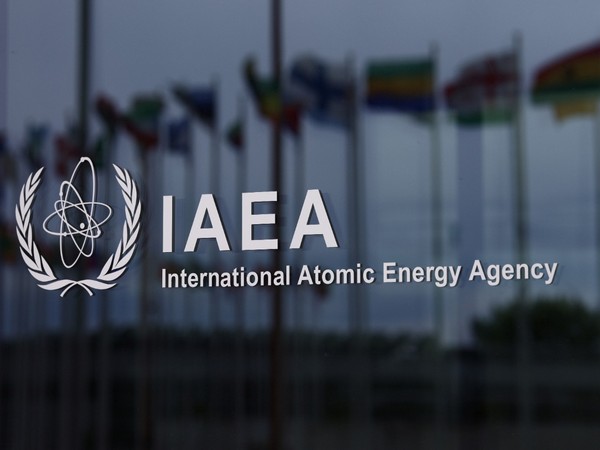Member States of the International Atomic Energy Agency (IAEA) have unanimously adopted a groundbreaking declaration underscoring the pivotal role of nuclear science, technology, and applications in addressing pressing global challenges. The declaration, endorsed at the IAEA Ministerial Conference on Nuclear Science, Technology, and Applications and the Technical Cooperation Programme in Vienna, sets a clear agenda for advancing peaceful nuclear innovation and international cooperation.
The declaration emphasizes the IAEA’s Technical Cooperation Programme (TCP) as a cornerstone of efforts to facilitate the transfer of nuclear technologies, equipment, and expertise for peaceful purposes. This programme was lauded for its capacity to expand global access to nuclear solutions while supporting human resource development and institutional capacity building.
In addition to the TCP, the declaration highlighted the contributions of the IAEA’s Nuclear Applications Laboratories in Seibersdorf, Vienna, and Monaco, which refine and deliver cutting-edge nuclear techniques to member countries. These facilities are instrumental in tackling challenges in health, agriculture, food security, and environmental sustainability.
Major Initiatives in Focus
The declaration acknowledged the transformative impact of several IAEA-led initiatives, including:
ZODIAC: A global program aimed at improving countries' abilities to detect and manage zoonotic diseases using nuclear techniques.
NUTEC Plastics: A platform targeting plastic waste management and recycling through innovative nuclear methods.
Rays of Hope: A programme dedicated to improving cancer care worldwide, particularly in low- and middle-income countries.
Atoms4Food and Atoms4NetZero: Initiatives leveraging nuclear science to enhance food security and address climate change challenges, respectively.
Advancing Equity and Collaboration
Recognizing the need for inclusivity and diversity in the nuclear field, the declaration calls for increased efforts to attract more women into nuclear sciences and foster the next generation of scientists, engineers, and professionals.
It also emphasizes the importance of collaboration, urging partnerships within the United Nations system and beyond, including engagement with private sector donors. This approach is intended to amplify the impact of nuclear science across all sectors and geographies.
Addressing Global Challenges
In adopting the declaration, Member States acknowledged the indispensable role of nuclear applications in meeting current and evolving global challenges such as climate change, food insecurity, health crises, and environmental degradation.
IAEA Director General Rafael Mariano Grossi praised the unified commitment, stating, “This declaration is a testament to the shared belief in the power of nuclear science to transform lives and address some of humanity’s most urgent issues. It reflects our collective determination to advance sustainable development through innovation and partnership.”
Future Outlook
With the unanimous adoption of this declaration, the IAEA is set to expand its efforts to harness nuclear technology for the betterment of humanity. The emphasis on capacity-building, gender equity, and interagency collaboration ensures that the benefits of nuclear science will be accessible to all, paving the way for a more sustainable and equitable future.
The declaration represents a milestone in global cooperation, reaffirming the IAEA's role as a leader in leveraging nuclear science for peaceful and transformative purposes.











